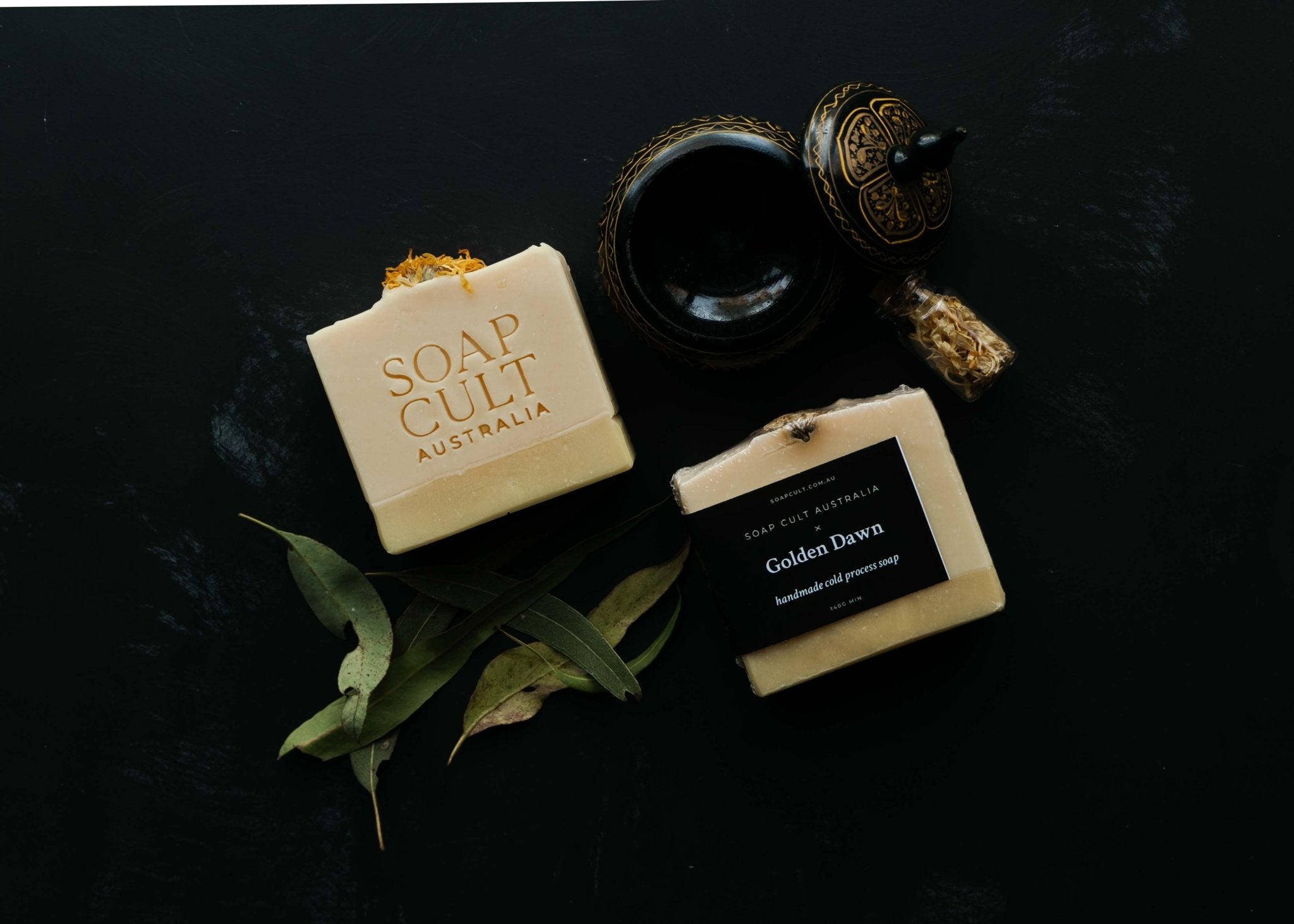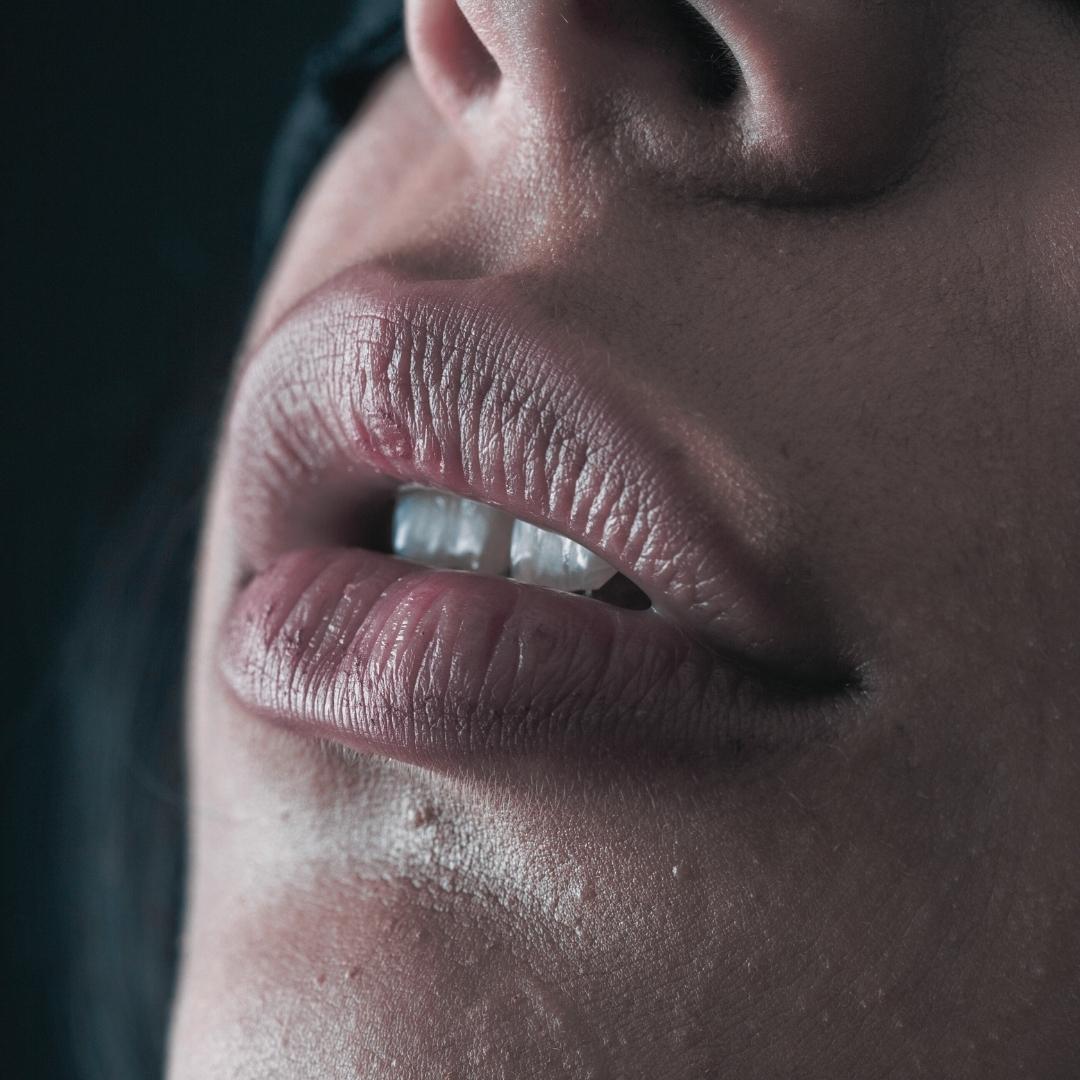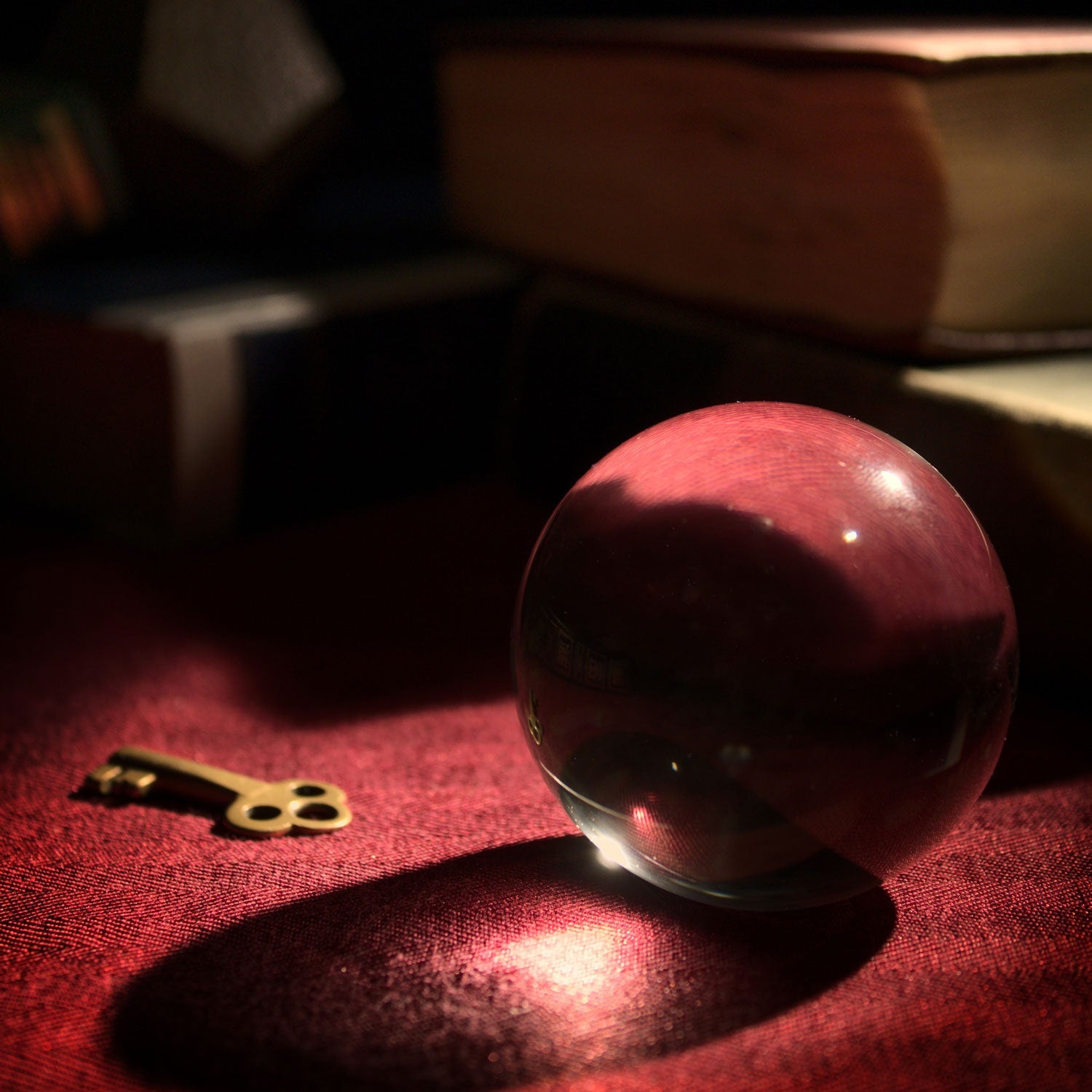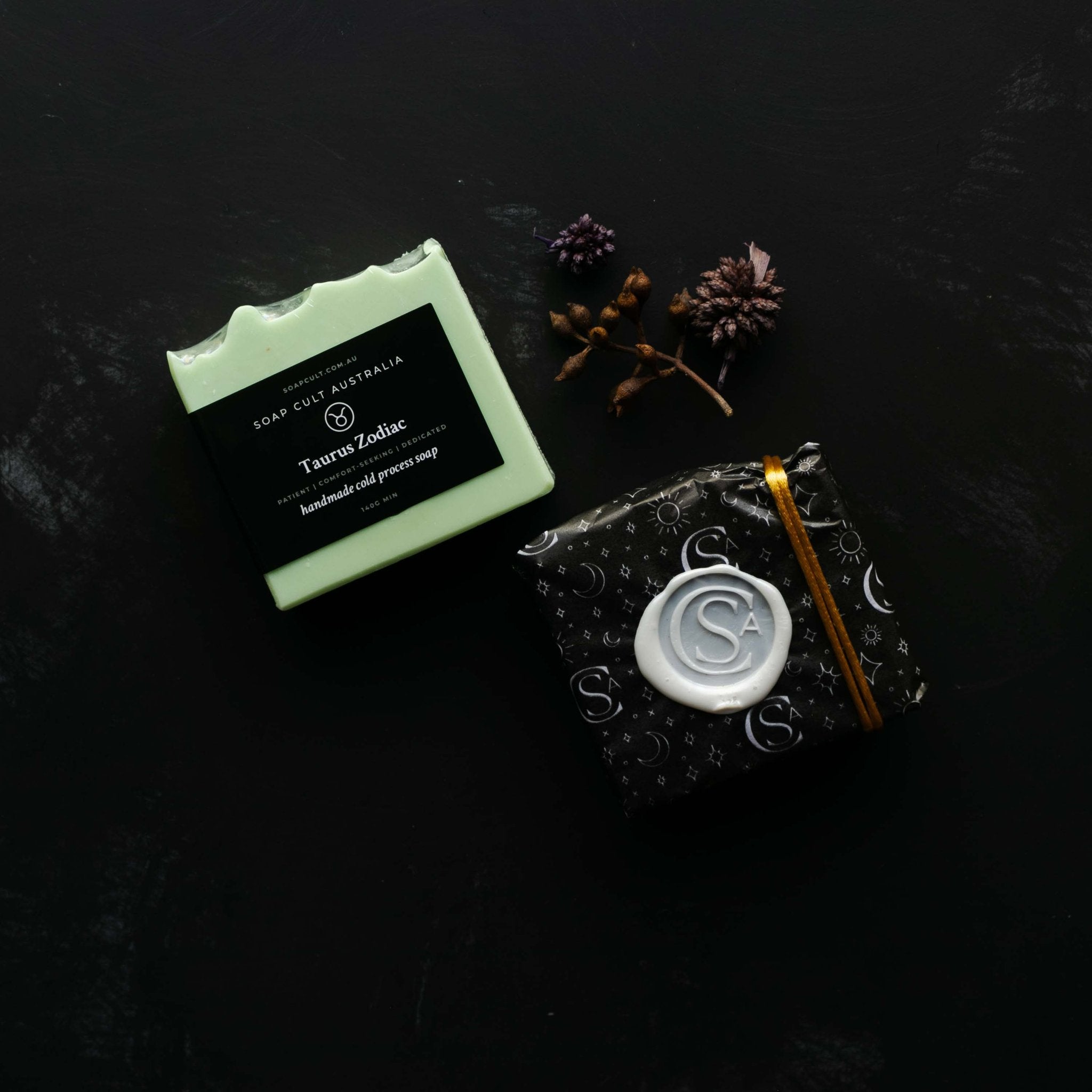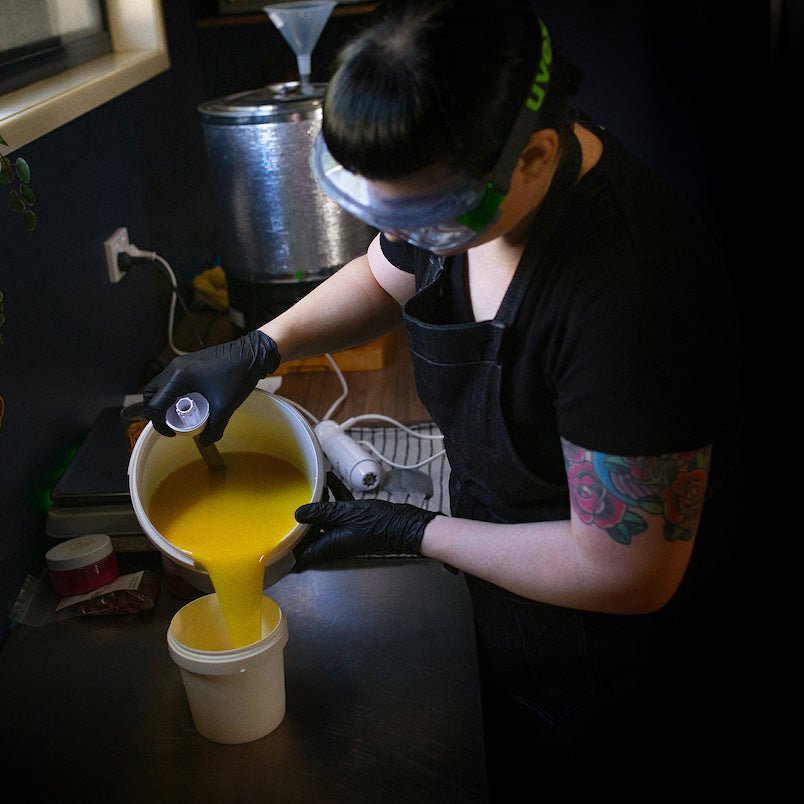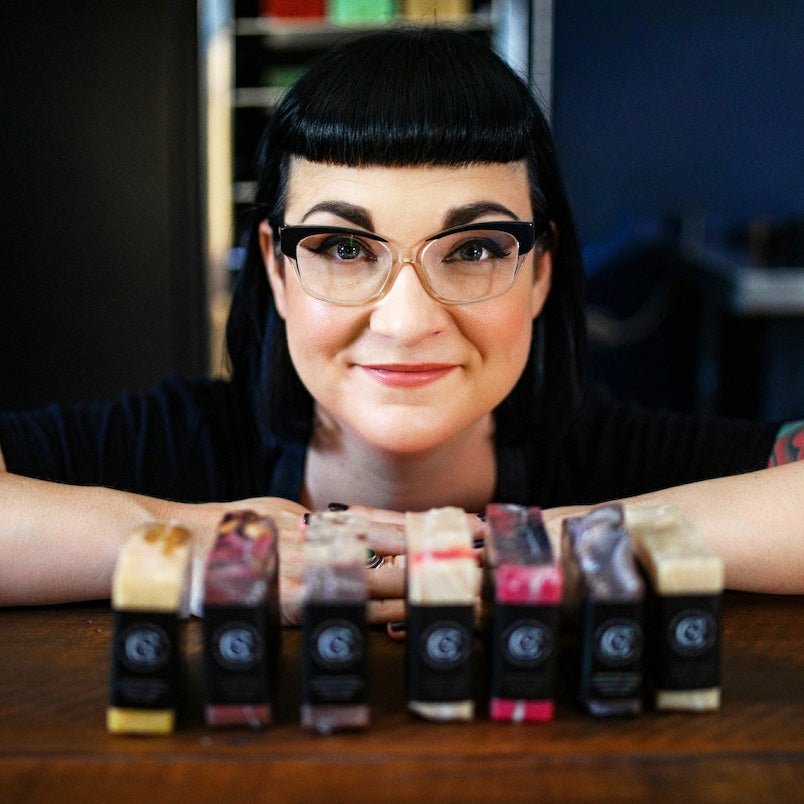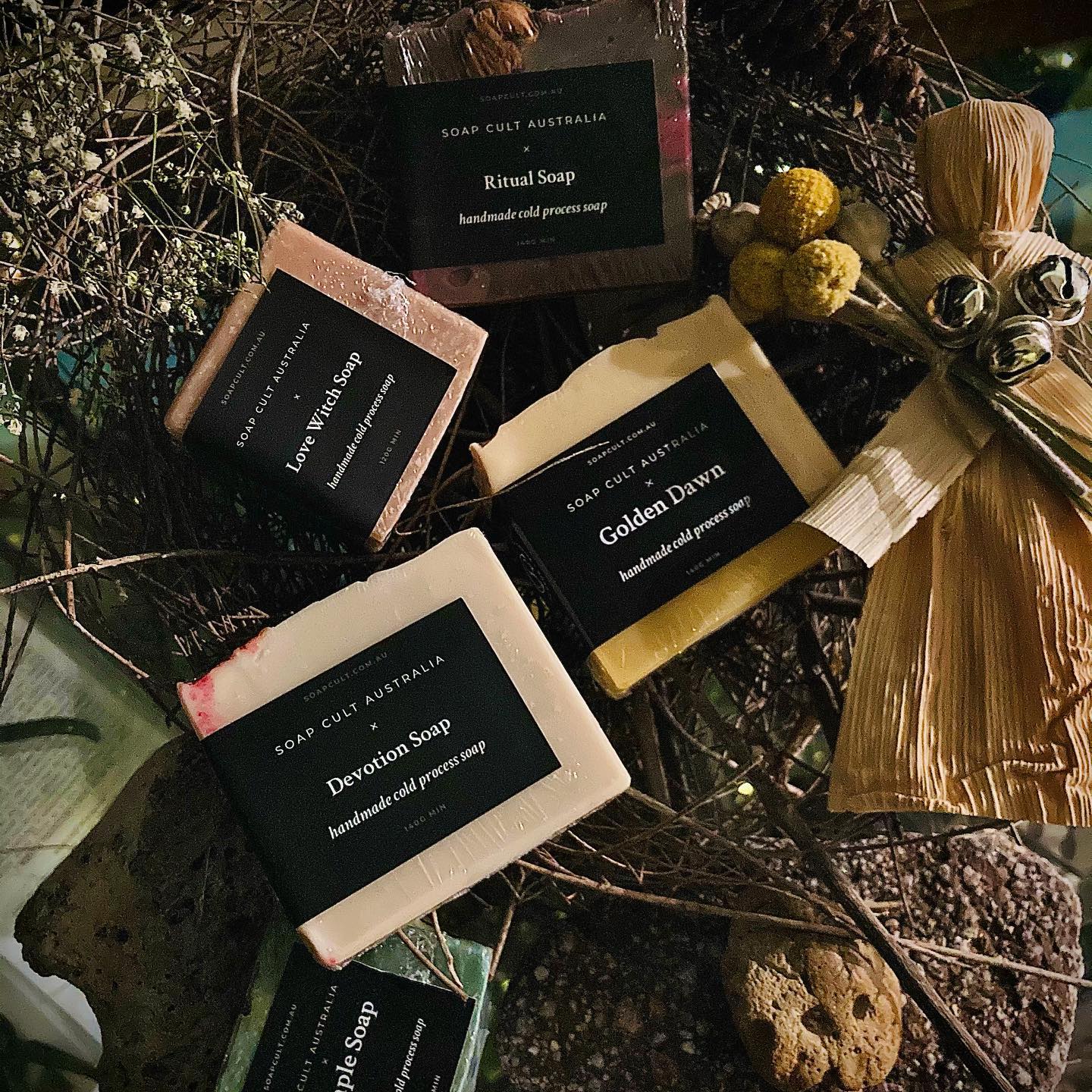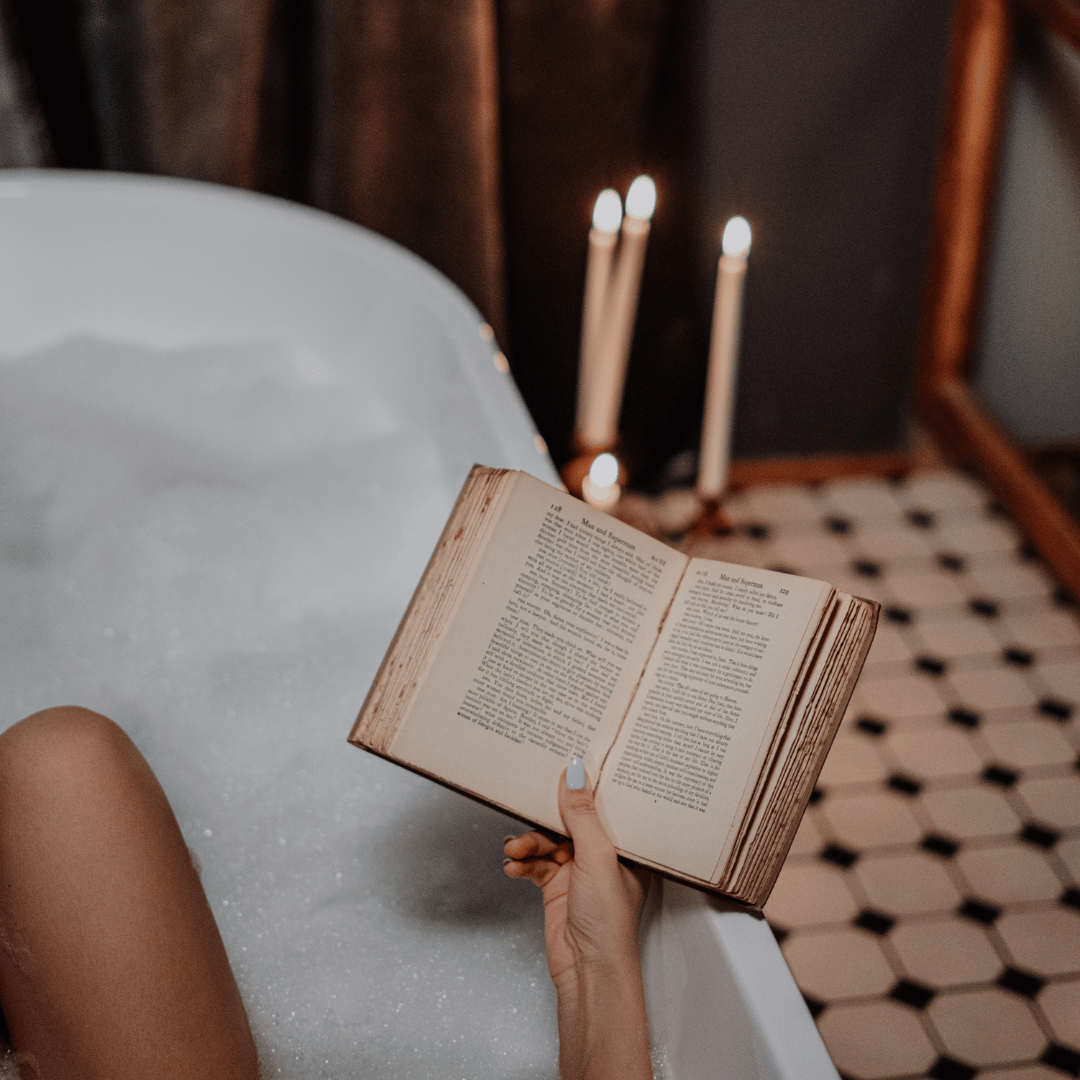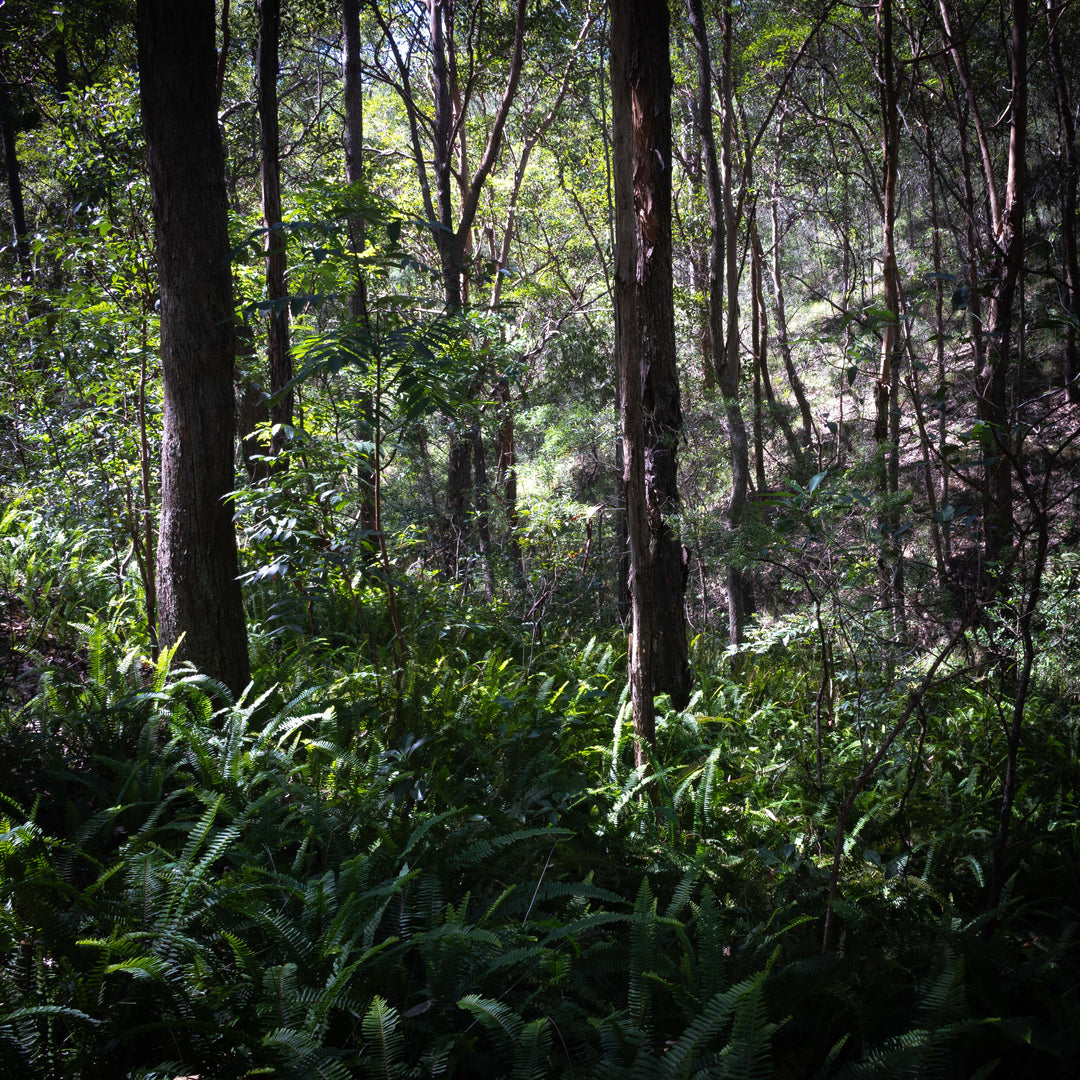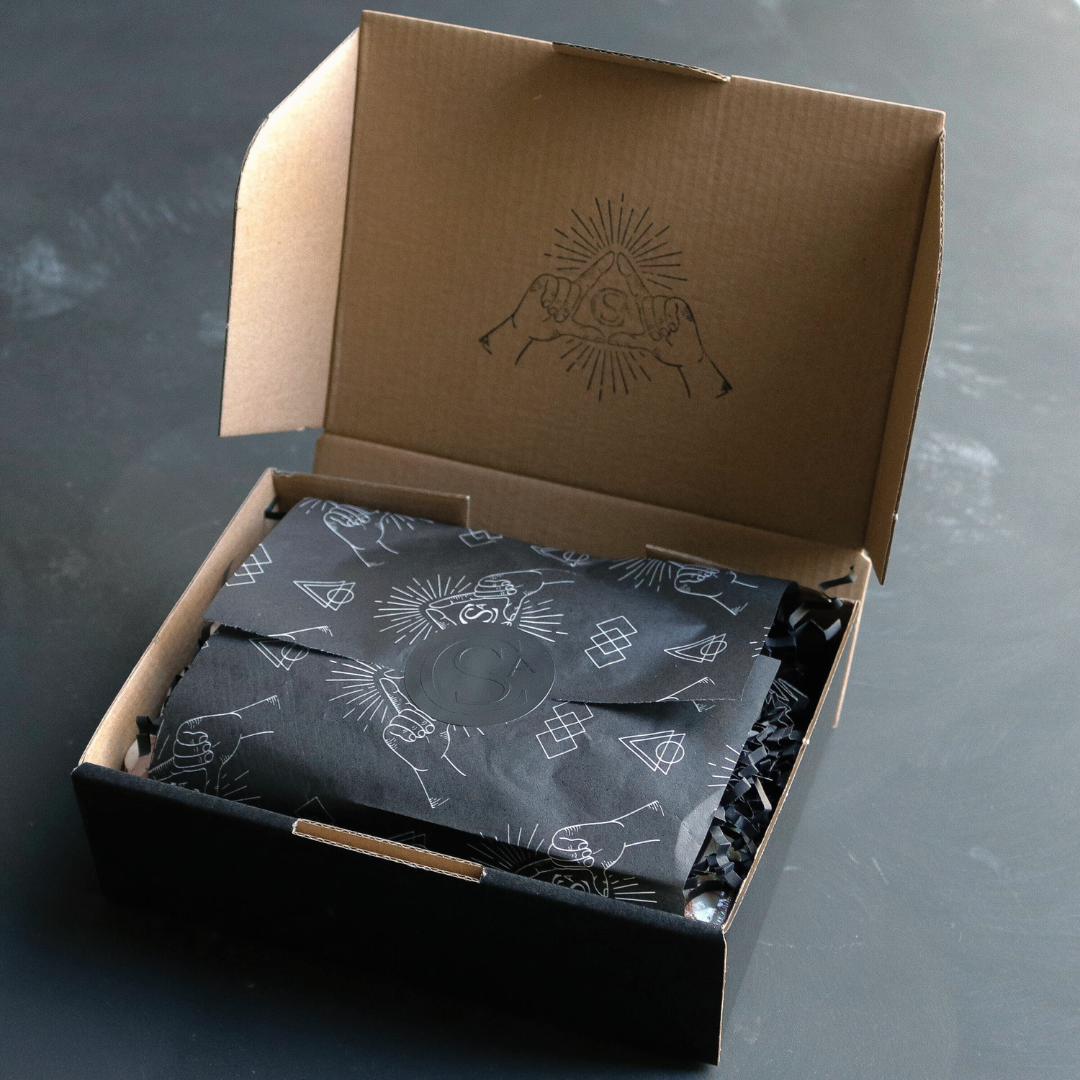Before I dive into this blog, I'm just going to add in a little disclaimer.
I actually love essential oils. I love how they smell, I love their energy and they have many beneficial properties to bestow upon the mind and body. We are barely scratching the surface of their potential and are worthy of much more research so we can best utilise their abilities.
If I love them so much, then why would I feel the need to write a disclaimer? Well, it's because I think they receive way too much trust and reliance, not love from us human folk.
Big Essential Oil Giants are the new Big Pharma
There's long been the misconception that natural equals safe and with the rise of Multi-Level Marketing Schemes (MLMs) with their exceptionally well-funded advertising and enthusiastic and oversimplified training for sales reps, we are now seeing a rise in the overuse of essential oils and dangerous advice about the safe (ie. not safe) consumption of essential oils in food or even water.
This exposes us to concentrations not seen in nature and can, therefore, have negative health impacts on us (especially children and pets). You can distil, extract, cold press, solvent extract and macerate to obtain essential oils and you end up with an oil that is vastly more concentrated than drinking a herbal tea or decoction for example, which would be, in theory, much closer to what nature intended us to consume.
I have even seen recipes from MLM reps where they include "only a few drops" of essential oils to biscuits, for the flavour, stating that it's just like adding a dash of Cinnamon. It's very important that as consumers we can separate out good advice from bad.
Interaction with prescription medication
Another layer to this that concerns me greatly is many essential oils (namely Rosemary, Lavender and a few other typically considered safe) can badly interact with prescription medication and some medical conditions. I'm sure that MLM's do provide a lot of information for their reps but a medical or pharmacy degree is not one of them and they have no way of knowing what may happen to someone when they apply, inhale or ingest essential oil.
Supplying the demand falls upon developing nations
I'm sure if you're reading this, you have grown up or are at least now, living in a first-world country. The romance of imaging the vast quantity of rose petals needed to make your rose essential oil would likely completely overshadow your understanding of actually farming that much plant material. In a global sense, the divide between rich and poor is growing fast - and by rich, I simply mean not living in developing world poverty with indentured service, modern-day slavery and child labour.
The poor suffer when the rich demand. Be it iPhones, palm oil, crude oil, cheap clothing and of course, essential oils.
One of the largest essential oil MLM's in the world, doTERRA, proudly shout from the rooftops some examples of how much plant material is required to make only a few mls of essential oil.
Note - while I have mentioned some companies as examples, I am not laying the blame squarely at any one company. Some large companies, such as LUSH go to extreme lengths to ensure ethical buying but the larger problem still exists where unscrupulous companies will grow and harvest and harvest and harvest with no care and consideration given to the land, the animals, the people are what damage is done to communities when the demand exceeds supply or stops entirely, leaving people without any paid work, in poverty with overworked land.
Climate Change brought about by other massive, unscrupulous companies has also compromised or will in the future, the farming land needed to grow the plant material required to make essential oils and its growing demand. We must be careful about what we demand and use the planet's resources carefully.
They require a lot of processing before use; so do they still meet your definition of natural?
This question has been weighing on my mind a lot because I often hear that certain cosmetic ingredients, such as say mica's, gentle foaming agents etc are not natural, because they are made in a lab. But essential oils are made in a lab or lab-like setting. If the amount of human intervention and processing is what brings the "natural" term into question and debate, then it is worth asking yourself, do all, or some essential oils meet your own personal definition of natural?
Sodium Hydroxide is made in a lab. It's what soap makers us to turns fats and oils into soap. It is the only way to make true soap.
Sure, you can obtain a rudimentary version by repeatedly running water through wood ashes but it's impossible to know how strong it is and you can end up with soap that hasn't been made properly and could be either ineffective or simply dangerous to use. I'm glad that it's made in a lab. That's how soapmakers can be assured their properly calculated formulas will produce safe soap. While it may be more natural to use filtered ash water, I'll take the "not natural" lab-made version any day.
Exposure to essential oils in a manufacturing setting
If we consider the huge quantity of plant material needed to create essential oils and then think of how much of that is required to make our favourite products en masse, we again end up in a difficult place. Head over to any soap making or skincare group and you'll meet people that have been making soap, bath and body products for many years and have developed breathing problems, dermatitis and migraines from overexposure to essential oils. It makes me think of this quote:
“Those that can heal can harm; those that can cure can kill.”
―
Can Essential Oils be used safely?
Absolutely. I guess in my personal definition, they are medicine or at least medicine-like. If you had a headache, you'd probably pop a couple of aspirin. You wouldn't take the whole packet because you know there would be serious health risks. Essential oils are like medicine. They are not just pretty smelling fragrances. They have proven and anectodical effects on the mind, body and spirit. To use them willy nilly could be dangerous. We should respect their power and use them appropriately. That means limiting vaporising, keeping the oils and scent away from children and pets, applying only small, recommended amounts to the skin diluted in a carrier oil. Do not drink or eat essential oils.
Conclusion
You may be wondering, what exactly is my point? Well, I'm not entirely sure. When I think about Essential Oils, I often feel pulled in a dozen different ways.
- I'm nostalgic to when I was a teenager and used them for everything from period pain to hangovers to zits
- I'm careful with their storage now I have an inquisitive child at home
- I'm cautious of their potential interactions with prescribed medication
- I'm in love with their fragrance in room sprays, soap and bath bombs
- I'm wary of using them in soap lest the scent disappears or it seizes the batch entirely
- I'm woke to marketing tactics and advertising around their sale and use
- And finally, I'm worried supply can't meet global demand and our desire for the oils pushes developing nations further into poverty and reliance on big brands rather than supporting local ventures
I guess in writing that, perhaps my true point is natural isn't always ethical. Natural isn't the only way. Synthetics can provide something that is sustainable and cruelty-free and that's awesome! The choice is good.
Buying with our ethics and conscious is essential because money is an undeniable force on our planet.
We buy not only the kind of lifestyle we want; we also buy the kind of planet we want.
So rather than trying to be 100% natural on a planet that can't support the demand, instead keep your eyes and ears open to the kind of products that support your ethics: seek sustainable, well-considered and truly cruelty-free as your first choice.
Further reading
Essential Oil Safety for Health Care Professionals
Essential Oils - Health Warning

